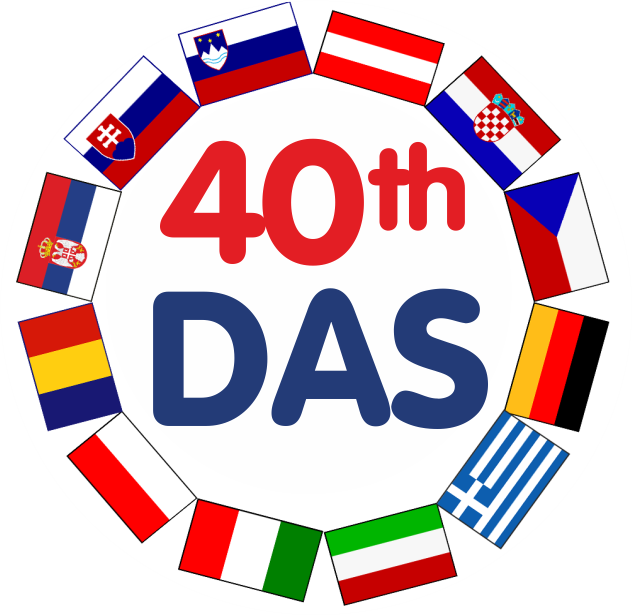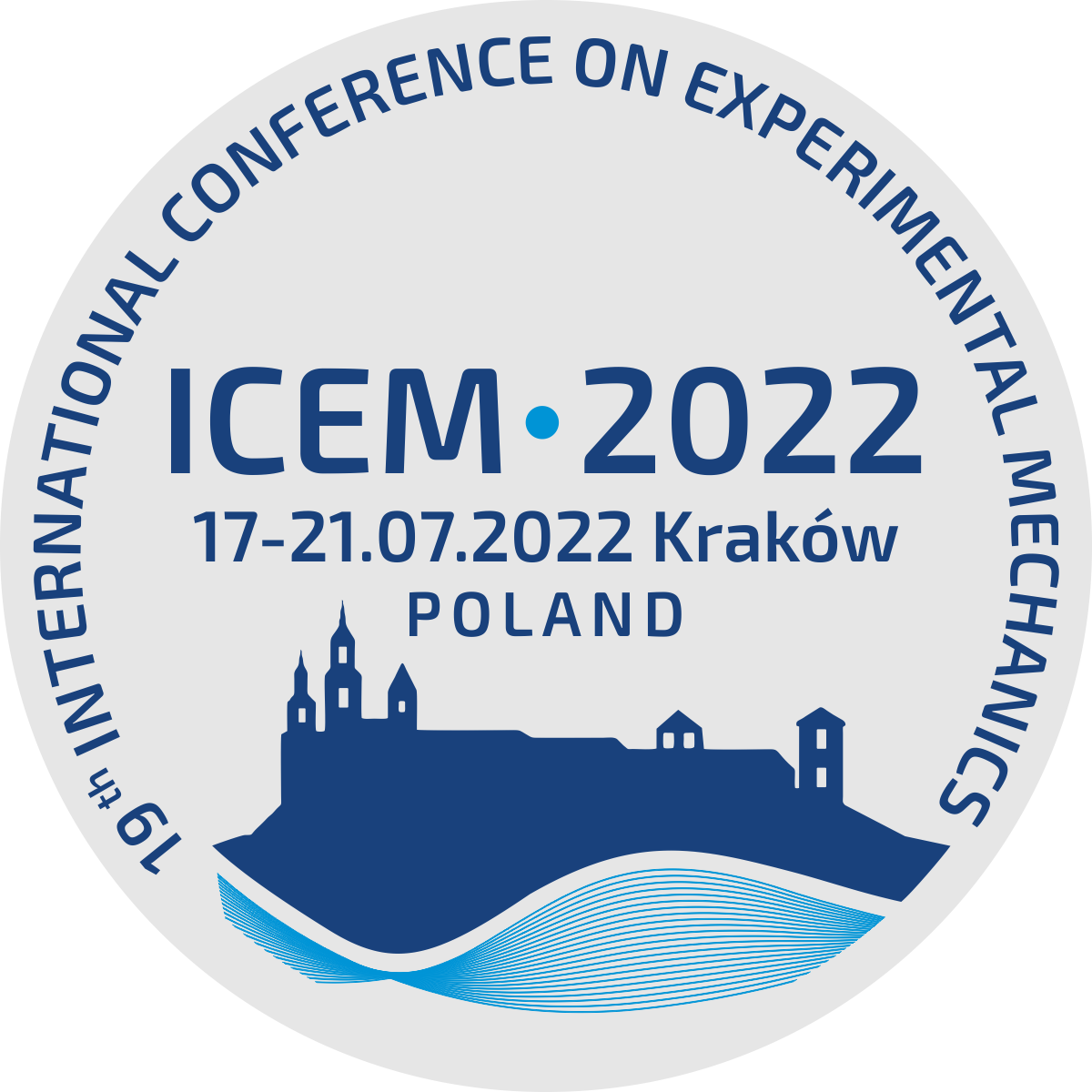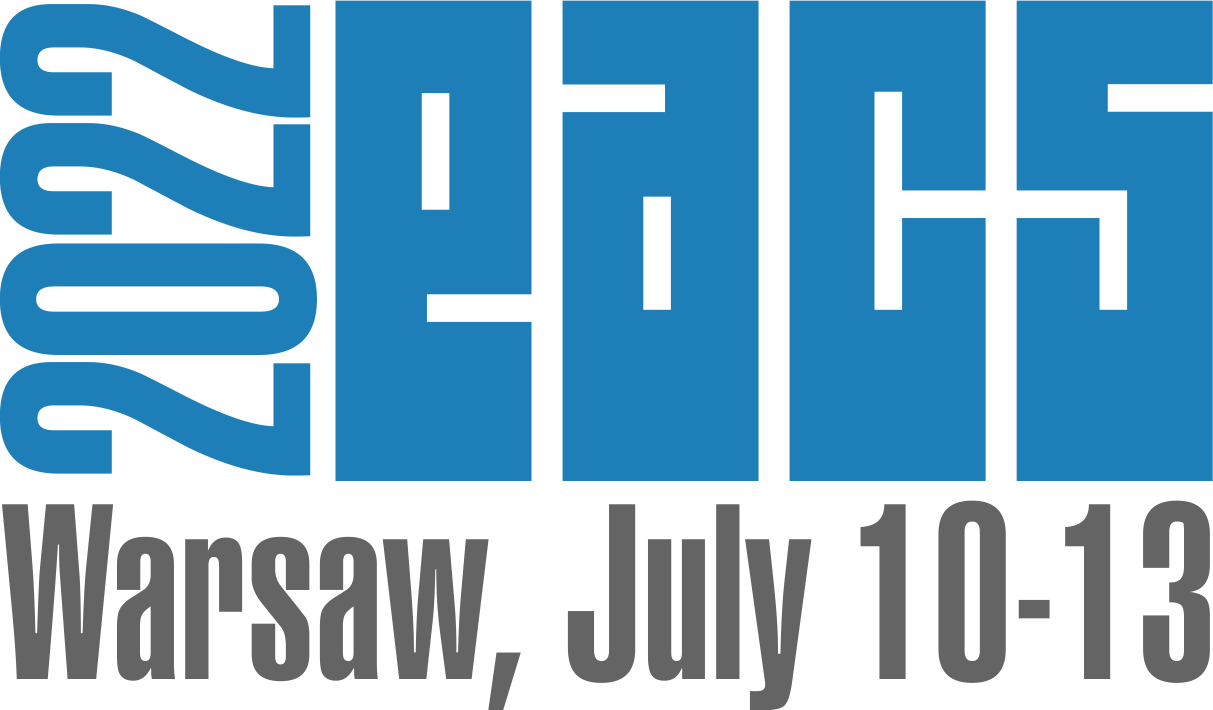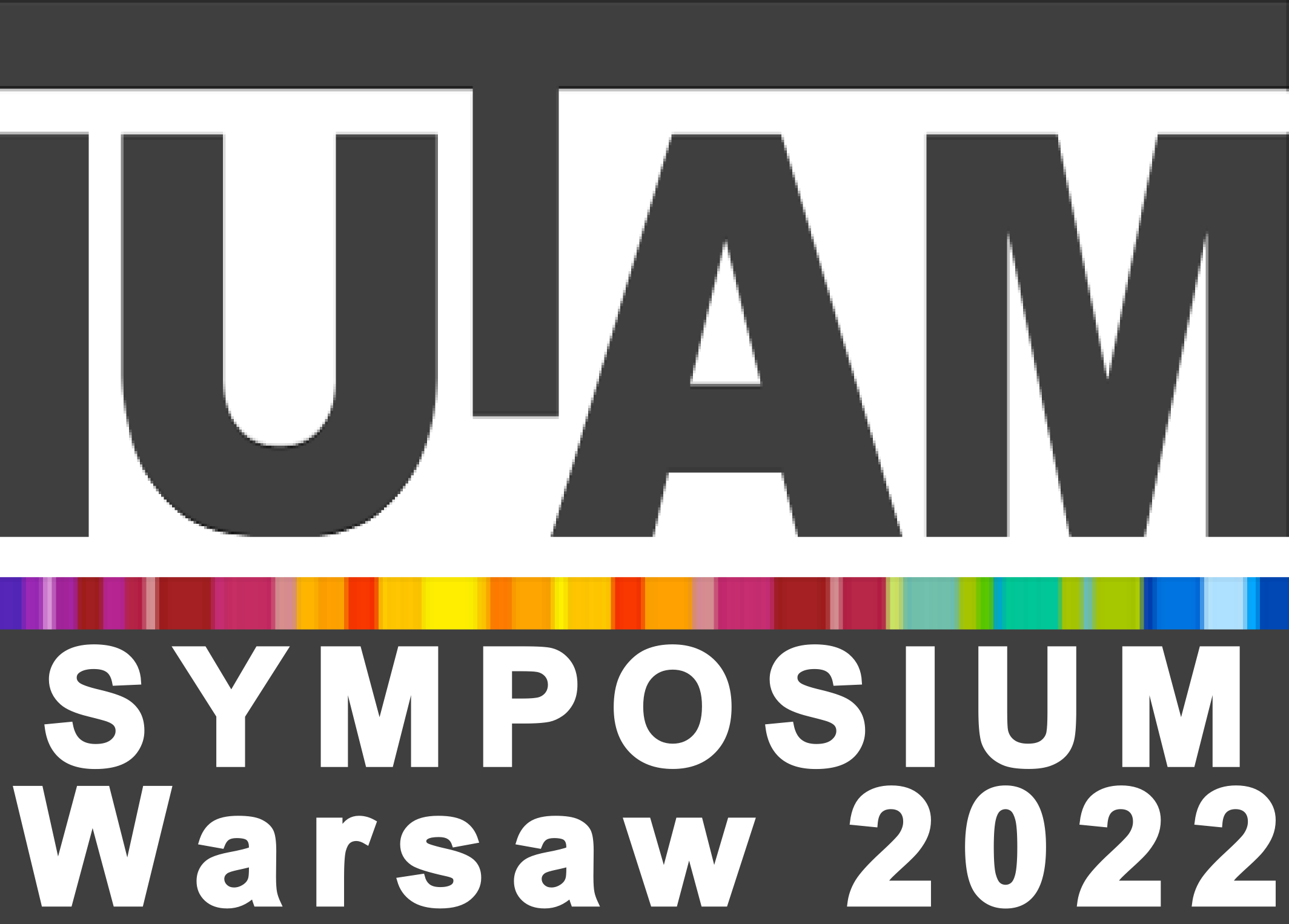| 1. |
Sardelli L.♦, Pacheco D.P.♦, Zorzetto L.♦, Rinoldi C.♦, Święszkowski W.♦, Petrini P.♦, Engineering biological gradients,
Journal of Applied Biomaterials & Functional Materials, ISSN: 2280-8000, DOI: 10.1177/2280800019829023, Vol.17, No.1, pp.2280800019829023-1-15, 2019 Streszczenie:
Biological gradients profoundly influence many cellular activities, such as adhesion, migration, and differentiation, which are the key to biological processes, such as inflammation, remodeling, and tissue regeneration. Thus, engineered structures containing bioinspired gradients can not only support a better understanding of these phenomena, but also guide and improve the current limits of regenerative medicine. In this review, we outline the challenges behind the engineering of devices containing chemical-physical and biomolecular gradients, classifying them according to gradient-making methods and the finalities of the systems. Different manufacturing processes can generate gradients in either in-vitro systems or scaffolds, which are suitable tools for the study of cellular behavior and for regenerative medicine; within these, rapid prototyping techniques may have a huge impact on the controlled production of gradients. The parallel need to develop characterization techniques is addressed, underlining advantages and weaknesses in the analysis of both chemical and physical gradients. Słowa kluczowe:
graded scaffolds, rapid prototyping, bioinspired, microfluidic, gradient characterization, cartilage, bone Afiliacje autorów:
| Sardelli L. | - | Politecnico di Milano (IT) | | Pacheco D.P. | - | Politecnico di Milano (IT) | | Zorzetto L. | - | University of Liège (BE) | | Rinoldi C. | - | inna afiliacja | | Święszkowski W. | - | inna afiliacja | | Petrini P. | - | Politecnico di Milano (IT) |
|  | 40p. |




















